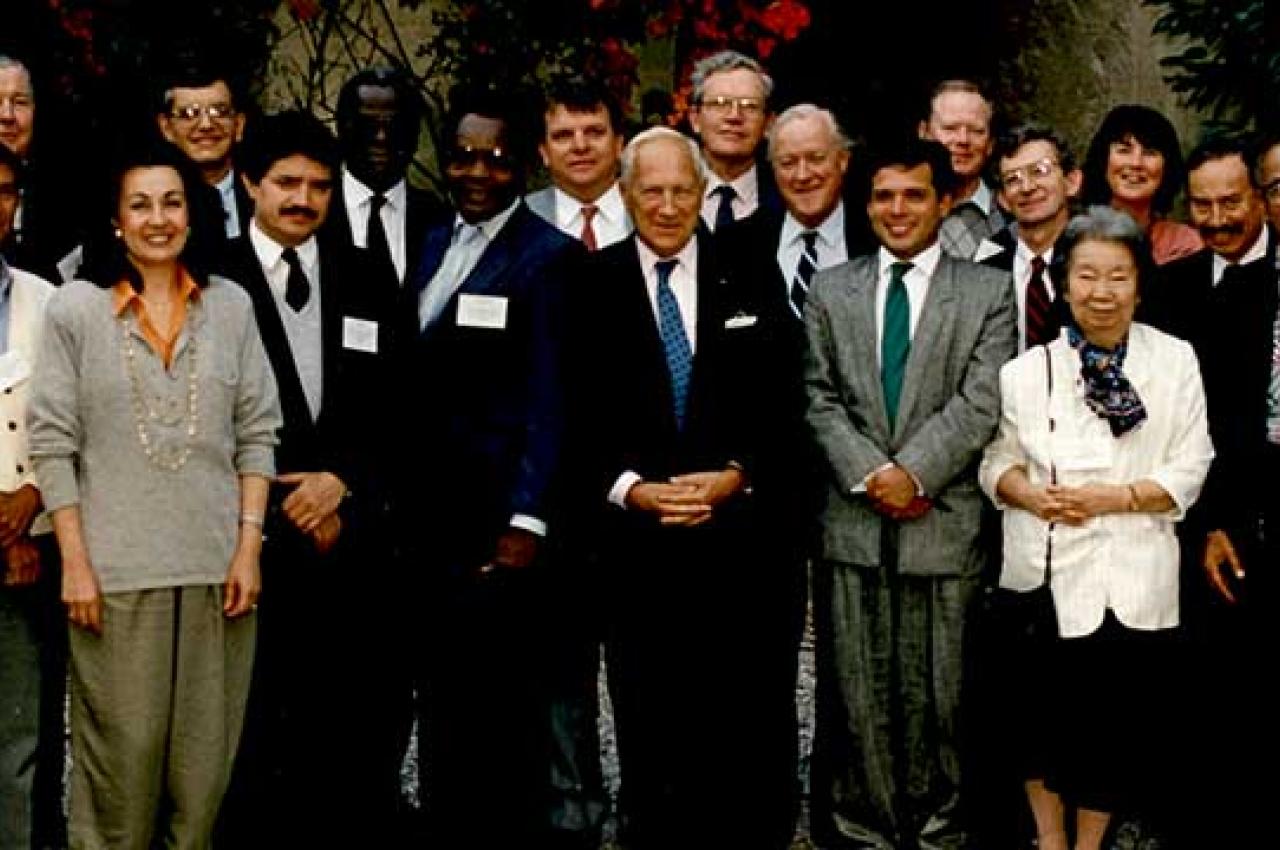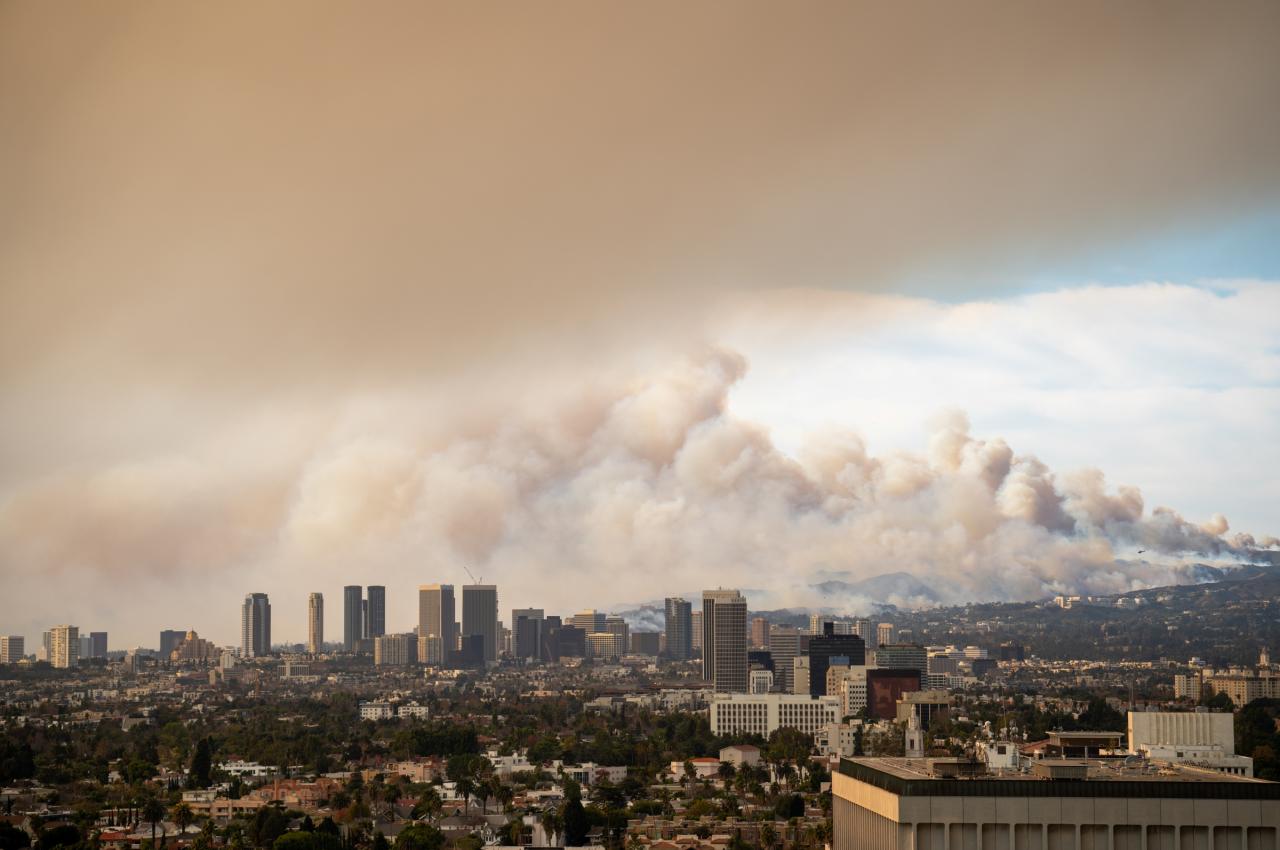Recognizing Job Burnout and What to Do About It
Many of us have experienced it at some point in our working lives: burnout. You’re exhausted, feel like your job is losing its meaning, and have little control over when and how you do your work.
According to Robert Half, a job recruiting and business consulting organization, a survey earlier this year found 36% of respondents feeling burned out at work, and 33% saying they are more burned out now than one year ago.
Mary Davis has studied the role of work in our lives. An economist, she’s the author of Jobs, Health, and the Meaning of Work, and has a special expertise in the nursing profession. As part of her applied research, she went to school at night to get a nursing degree and has worked as a registered nurse, learning about the field firsthand.
Davis, who is now senior associate vice provost for education, says burnout affects different professions in different ways, but is always harmful. Tufts Now talked to her to learn more about burnout, and what can be done to alleviate it.
What’s the definition of job burnout?
Burnout is classified by the World Health Organization as an occupational phenomenon, with three main indicators. You don’t have burnout unless you have some element of all three.
The first is feeling depleted and exhausted—really tired all the time. The second is feeling disconnected from your job—feeling very negative, seeing a job as not meaningful.
The third is when people start to become less good at doing their jobs. They become less efficient, and some people become more explosive. In a job with interpersonal settings, people will have a short fuse; for example, a nurse experiencing burnout may start yelling at a patient. Of course, it’s different in each setting. For others, it might be shutting down a work conversation in a really negative way, some lack of civility that makes people less effective at their jobs.
This definition by the WHO has been used by some labor organizations to get concessions related to burnout, to argue for work environments that are healthier.
What else makes workers vulnerable to burnout?
Being overworked is going to make you more vulnerable. It might not be one of the dimensions of burnout, but it is going to make you more likely to experience it.
Having a job where you have very little control over the pattern of your work is also a potential cause that could push you toward falling into burnout. Likewise, an organization that is poorly aligned with your own personal goals could lead you toward burnout, too.
Is burnout hard to see when you’re going through it?
In general, it’s very difficult to understand from the inside when it’s happening, because people who are stressed are generally the least self-aware. Research shows that we’re less likely to adapt our behavior, make positive moves, and be self-aware when we’re under extreme stress.
“There are people who thrive in high-demand jobs, but they usually have a high level of independence—that’s key. Those can be the best jobs out there.”
I’ve come into contact with people who have yelled at their peers, a sign of burnout, and then when you bring it to their attention, they deflect the blame on others—they have low self-awareness in those situations.
Still, many people are very self-aware, and know they are feeling burned out. They feel the symptoms of it, like being excessively tired.
What are some other factors that affect burnout?
Irregular schedules at work can lead to burnout. It’s unhelpful to have, say, rotating days off or double shifts for nurses or police officers. Avoiding some of the double shifts and the scheduling unpredictability would go a long way toward reducing burnout. Having a work schedule that’s predictable and in their control has been shown to have very positive health effects on employees.
In the case of nurses, one of the biggest indicators on whether a nurse is going to leave an organization is if they feel that there’s meaning in the work that they’re doing. If they feel the satisfaction of helping other people, they’re much more likely to stay.
Low-control, high-demand work settings are the worst in terms of job stress. There are people who thrive in high-demand jobs, but they usually have a high level of independence—that’s key. Those can be the best jobs out there. But if you remove the independent side of that work, that would be the worst of all scenarios: to have a high-demand job and low level of control.
What are ways to deal with job burnout?
The research shows that it’s better to implement universal solutions at the company or industry level, as opposed to solutions that are directed at individuals. It is much more useful if a company changes its culture in a way that reduces burnout for everyone. That way it’s not depending on the individual to make adjustments to their own work environment.
For example, a hospital with its nursing staff experiencing burnout could change its staffing policy to address overwork concerns. Something like that would be helpful across the board. Setting a stable scheduling policy for employees is an example of positive company-wide changes.
For people experiencing burnout, what are ways to alleviate it besides quitting their job?
If the underlying causes are organizational, beyond your control, you can try to live a healthy lifestyle, which will help you hang on as long as possible. The healthier you are personally, the longer you can last. But ultimately, if the organizational structure is one where over time your sense of meaning is fraying, sometimes you do need a change.
You can sometimes get change within an organization, too—taking different jobs within it. Maybe it’s a new job title or another work group. But I think ultimately any sort of long-term solution has to be at the organizational level. If the employer can help promote a healthy work environment, that’s the best way to go.
Latest Tufts Now
- How Rural Women Advance India’s Sustainable FutureAjaita Shah’s innovative “tech + trust” model has built a network of women entrepreneurs
- A Tufts-Led, Historic Commitment to SustainabilityThirty-five years ago, Tufts guided other universities to the creation of the Talloires Declaration. Its legacy endures today
- New Thriller Blurs Lines Between Good Guys and VillainsAction comedy by Elliot Ackerman blends humor with serious themes, and is headed for Apple TV
- Wildfire Smoke Is Obvious. Its Long-Term Health Impacts Are NotA School of Medicine expert and an alum share what’s needed to better understand how wildfire smoke, both wildland and urban, impacts our health
- Working Toward Reducing Chemical Industry Dependence on PetroleumTufts researchers receive up to $4.5 million from DARPA to create robust, flexible biosynthetic manufacturing
- Does Climate Change Lead to Conflict?Tufts researcher shows connection between low rainfall and the outbreak of civil wars between African pastoralists and farmers













